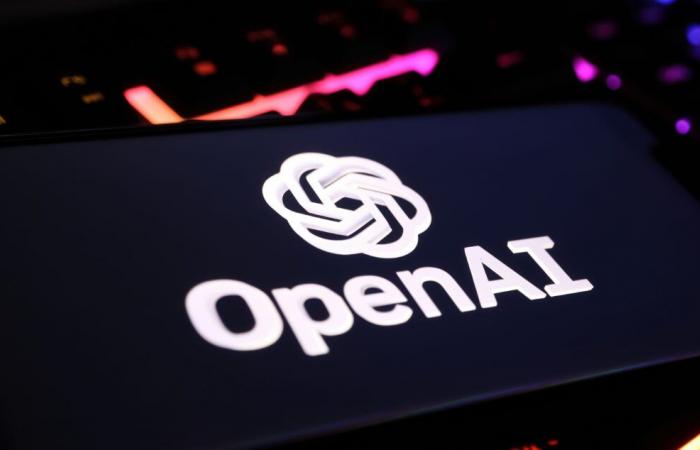Despite the excitement that o3's results have generated, many questions remain unanswered. OpenAI has gone into stingy information mode, and its communication is limited to a few media presentations as well as preliminary tests with a limited number of researchers and institutions. A vagueness which makes a complete and objective evaluation of the real capabilities of the system difficult.
It is possible that o3's performance on the ARC-AGI test is the result of specific optimization rather than true general human-like intelligence. The system might have been trained specifically to excel at this type of task, without possessing a deeper understanding or generalization ability applicable to other domains.
To truly understand the potential of o3, in-depth evaluations will be necessary. It will be necessary to examine the distribution of its abilities, the frequency of its failures and its successes in various contexts, and its capacity to adapt to situations radically different from those of the ARC-AGI test.
But if o3 does indeed prove capable of adaptation comparable to that of an average human across a wide range of situations, the implications could be far-reaching. This could usher in a new era of self-improving artificial intelligence, with potentially revolutionary economic and societal impacts, says The Conversation.
It is these unknowns and these hypotheses that inspire caution regarding the conclusions to be drawn from this announcement. As is often the case, only time will tell if o3 will be influential in the field of artificial general intelligence.






